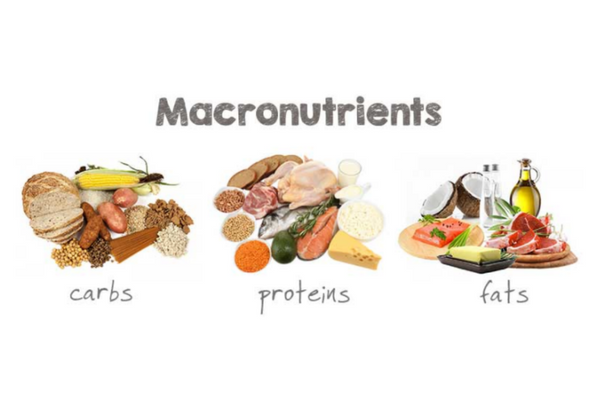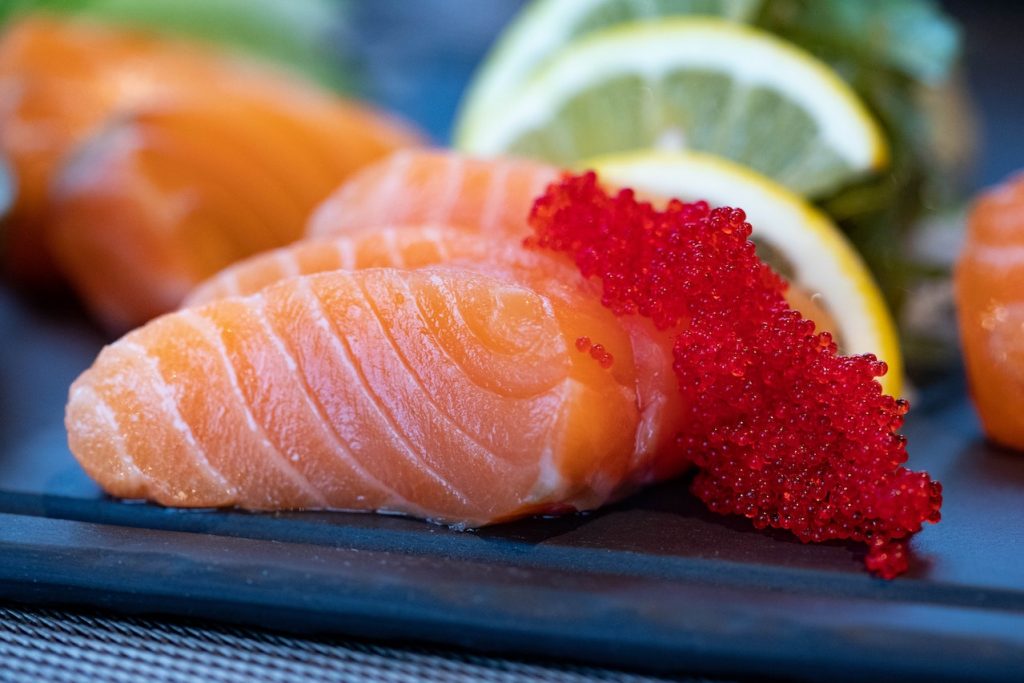
Nourishing the Mind: Nutrition Needs for ADHD Management
“You are what you eat.” We have all heard that right? Well for those of us with ADHD, proper nutrition can be a game changer. Attention-deficit/hyperactivity disorder (ADHD) is a neurodevelopmental condition that affects individuals of all ages. ADHD can be characterized by lack of focus, disorganization, poor time management skills, poor impulse control, and the list goes on. While medication, lifestyle modifications, and therapy are commonly used in managing ADHD symptoms, proper nutrition can play a crucial role in supporting brain function and optimizing overall well-being. In this post, we will explore the essential nutrition needs for individuals with ADHD, offering guidance on incorporating a balanced diet to complement traditional treatment strategies.
1. Balanced Macronutrients
Well-balanced nutrition provides the foundation for optimal brain function normally, this is especially true for ADHD. Ensure your meals contain a combination of macronutrients:
A. Proteins: Include lean sources of protein such as poultry, fish, eggs, legumes, and tofu. Protein-rich foods provide amino acids that support the production of neurotransmitters like dopamine and norepinephrine, which are essential for crucial things like attention and focus.
B. Carbohydrates: When looking at carbs, opt for complex carbohydrates like whole grains, fruits, and vegetables. These foods release energy slowly, helping to maintain steady blood sugar levels and sustained attention throughout the day.
C. Fats: Focus on healthy fats such as avocados, nuts, seeds, and olive oil. These healthy fats support brain health and assist in the absorption of fat-soluble vitamins.

2. Omega-3 Fatty Acids
Omega-3 fatty acids are essential fats that play a vital role in brain function (not to mention the cardiovascular and benefits for hair, skin, and nails) Research suggests that individuals with ADHD may have lower levels of omega-3 fatty acids. You can improve this by including food sources rich in omega-3s such as fatty fish (salmon, mackerel, sardines), walnuts, flaxseeds, and chia seeds in your nutrition goals at least twice a week. Or if fish aren’t to your liking (no judgement here), you can go the supplement route, omega-3 supplements, like fish oil capsules (at least 1gm per day) may also be considered.

3. Vitamins and Minerals
Adequate intake of vitamins and minerals is crucial for brain health and optimal cognitive function. While everyone knows the nutrition from the average American diet is poor to say the least, these are some things to really consider if you have ADHD:
A. B Vitamins: Try to include foods rich in B vitamins like whole grains, leafy greens, legumes, and eggs. Most B vitamins, particularly vitamin B6 and B12, are involved in neurotransmitter synthesis and can support attention and mood regulation. Listen as a mom, wife, and full-time employee, some help with attention and mood regulation could do nothing but be helpful.
B. Iron: Iron deficiency, or low iron levels, can also contribute to ADHD symptoms. Look at your current diet and try to consume iron-rich foods like lean meats, beans, spinach, and fortified cereals to ensure sufficient iron levels. This is especially important to consider if you are vegan or vegetarian and have ADHD and are staying away from meat. If you have concerns about iron deficiency, please be sure to ask your PCP.
C. Zinc and Magnesium: These minerals play a role in neurotransmitter function and may benefit individuals with ADHD. While B vitamins can be helpful in creating the neurotransmitters, zinc and magnesium are important to make sure they act right. It may be beneficial to incorporate foods such as pumpkin seeds, spinach, nuts, and whole grains into your diet.
4. Eliminate Potential Food Triggers
Some individuals with ADHD may be sensitive to certain foods, which can make their symptoms much worse. While specific trigger foods vary for each person, common culprits include artificial additives, food dyes (click here for list), excessive sugar, and processed foods. The moral seems to be cleaner you can keep your nutrition the better your ADHD symptoms should be. Consider keeping a food diary to identify any patterns between food intake and ADHD symptoms. If trigger foods are identified, try eliminating or reducing them from your diet to see if symptoms improve.
5. Hydration
Staying hydrated is essential for overall brain function and optimal cognitive performance. Dehydration can lead to fatigue, poor concentration, and mood fluctuations, so it’s no wonder that it would affect those with ADHD more significantly. Aim to drink an adequate amount of water throughout the day. Try for 7-10 glasses of water per day and limit the intake of sugary beverages.

While nutrition alone cannot cure ADHD, adopting a balanced and mindful approach to eating can significantly contribute to overall well-being and help with symptom management. By eating a well-rounded diet that includes balanced macronutrients, omega-3 fatty acids, essential vitamins, and minerals, individuals with ADHD can support their brain health and optimize cognitive function. Remember, if you have questions, always consult with a healthcare professional or a registered dietitian for personalized guidance and recommendations tailored to your specific needs
As always, feel free to let me know what works for you in the comments section! If you have ideas or topics that you would like me to cover, please reach out!







One Comment
Pingback: